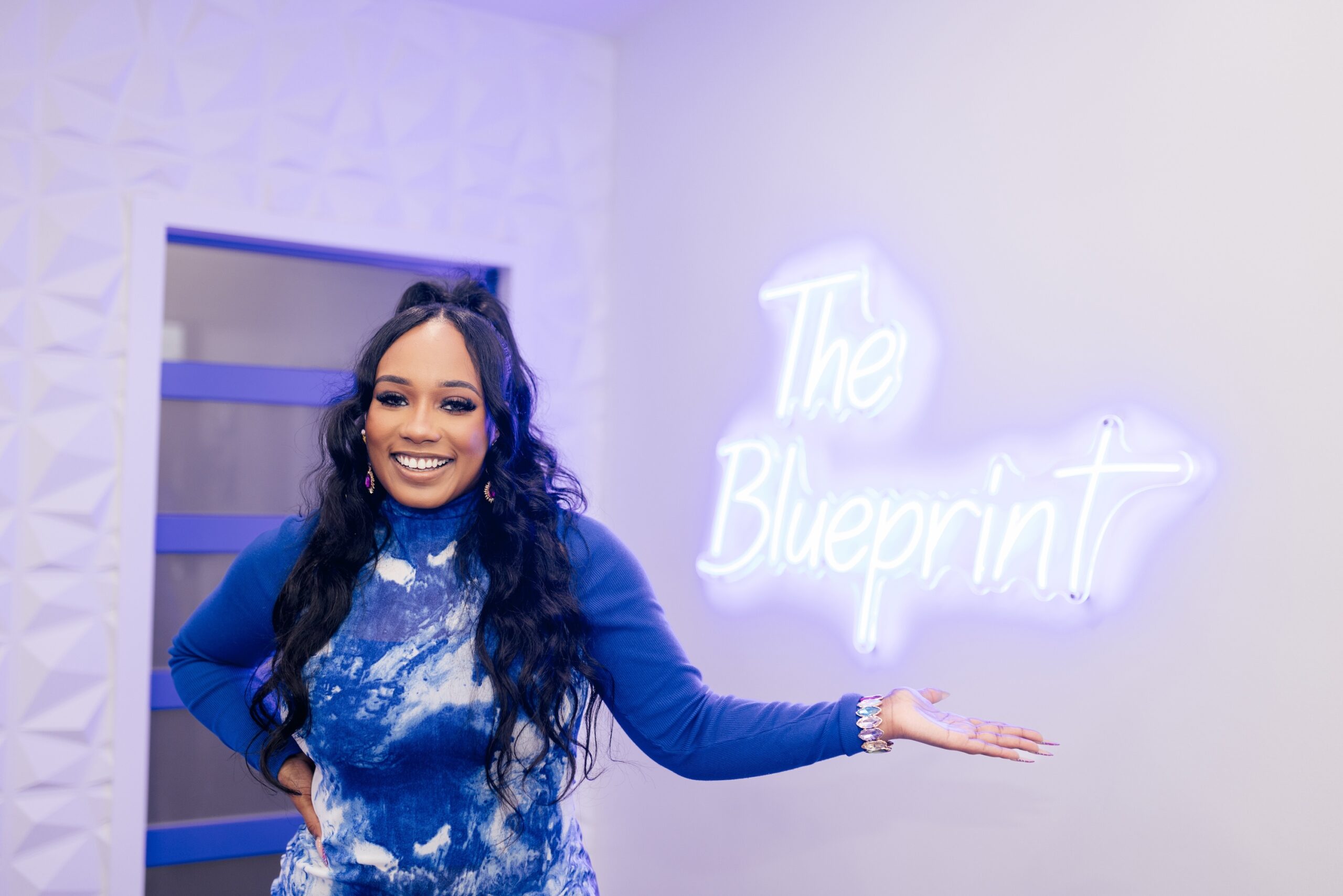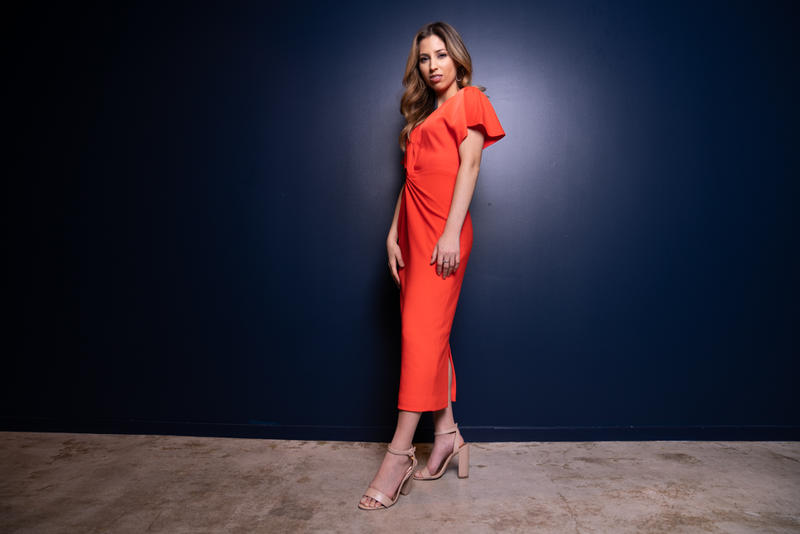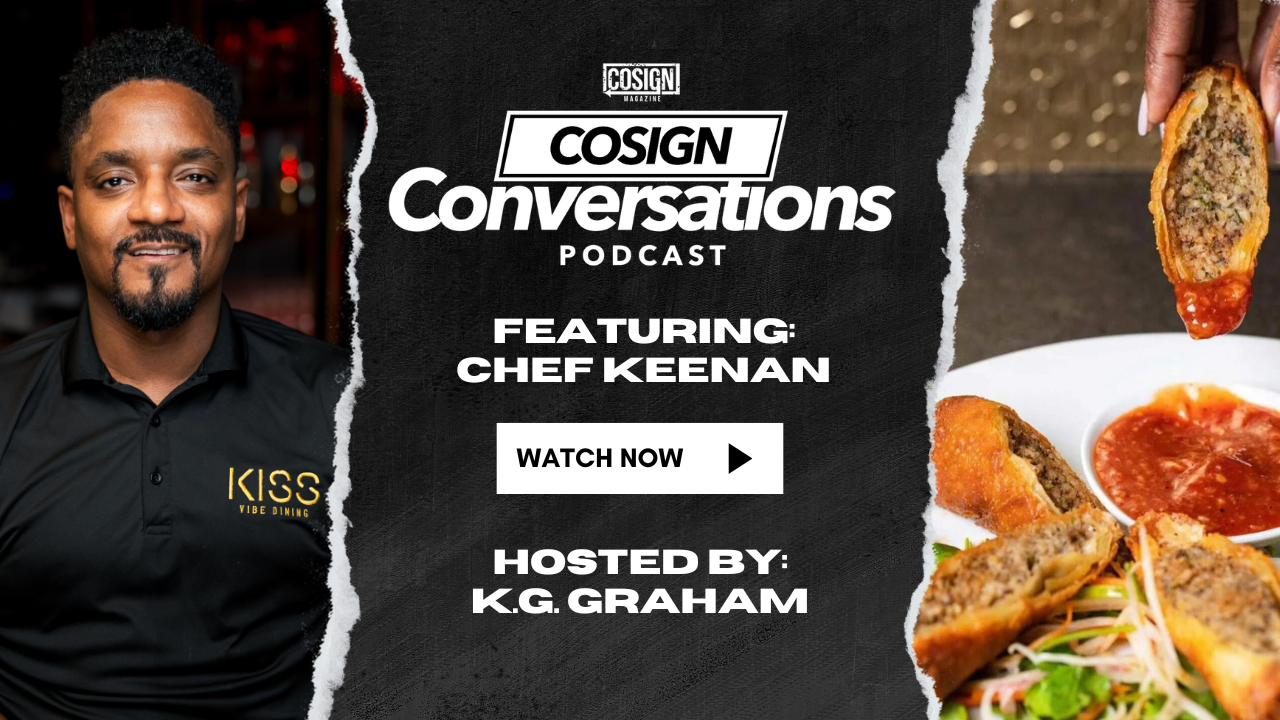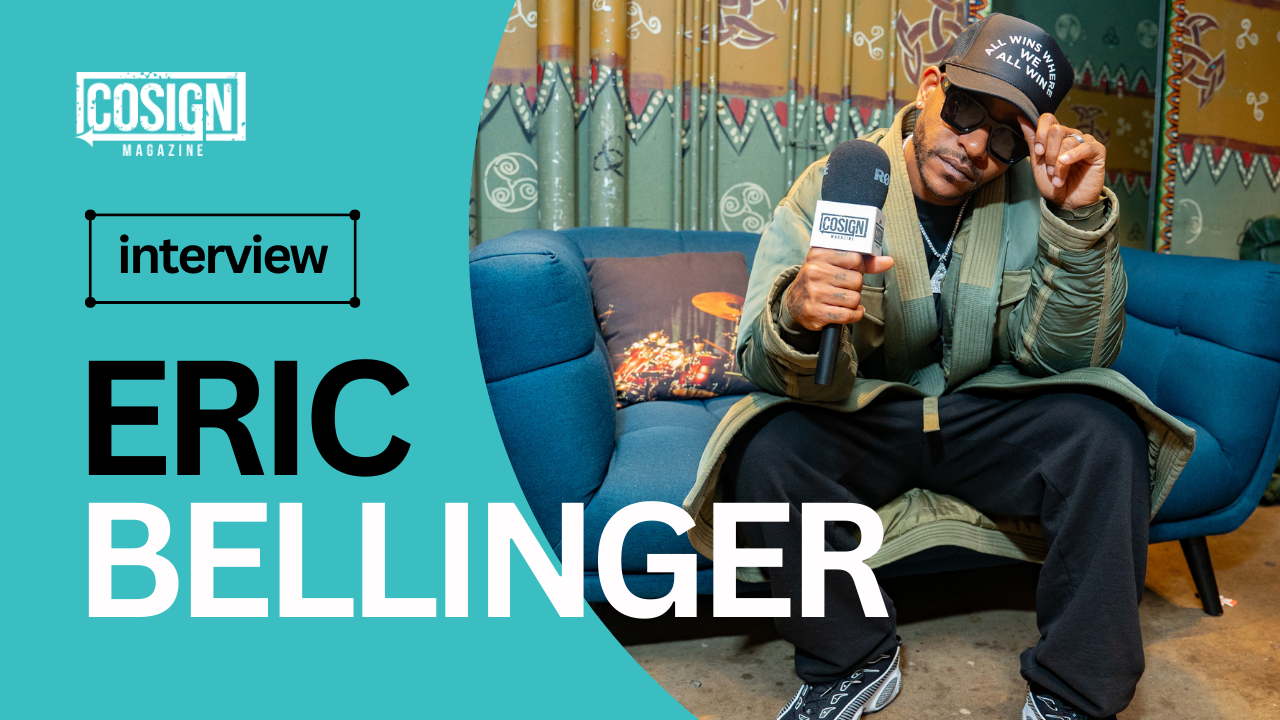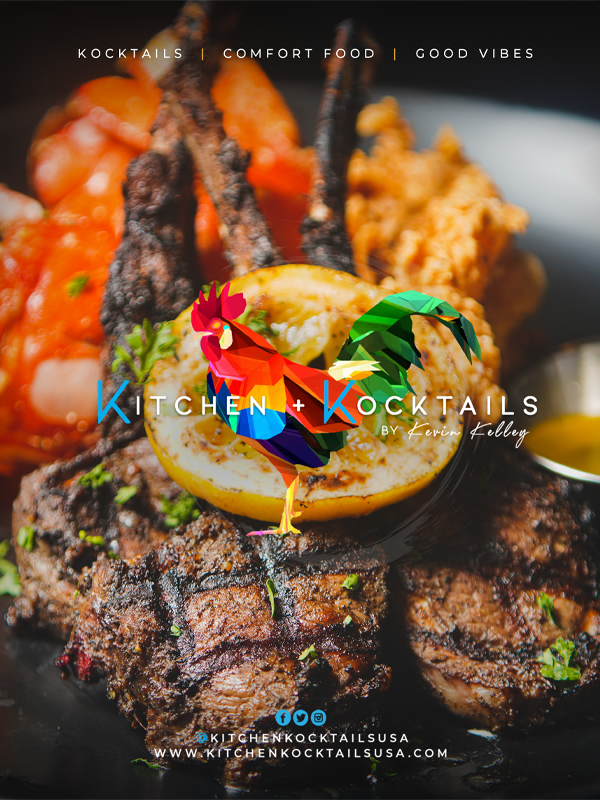By Justin Lamar |COSIGN MUSIC | @itsjustinlamar
Let me give you a PSA. I feel it’s only right I do so as a Louisiana man and American citizen.
If you are a DJ in the South and you DON’T have bounce music in your rotation, take off your headphones, shut down your laptop, throw those dusty turntables in the trunk, and take your act up North.
I know day party season is slowly coming to an end, but it’s still hot, and I feel we need to appreciate the music that ALWAYS keeps the party live: bounce music. While bounce music is resurging some widespread love thanks to Drake’s “In My Feelings”, bounce music has been a staple at any down South party for decades. Bounce music started as early as 1991 in New Orleans from MC T. Tucker. During the time Miami had ass shaking on lock thanks to 2 Live Crew, and while the content was controversial, you HAD to have it at any party. MC T. Tucker rose to popularity in NOLA with the fundamentals of what bounce music is now. MC Tucker dropped “Where Dey At” in 1992 followed by Juvenile’s “Do the Jubilee All” a year later. Booty commands, demands, and the ‘Triggerman beat” turned bounce music into a New Orleans staple that outlasted the 2 Live Crew era. However, up until this time, much of bounce music still remained local to Deep South Louisiana…that is until Cash Money Records began to take over, and they started much earlier than the 99 and the 2000.
Yes.. This is a Gospel Bounce Song
In the mid-1990s bounce music was still heavy in the block party/club scene and because of the raw energy bounce music has, it became a must. “Baby” (known as Birdman) and “Slim” (Birdman’s brother) saw the potential bounce music had to transform and formed Cash Money Records. Cash Money and No Limit began to fuel local New Orleans music and the sound of a new South began to go mainstream. Juvenile’s “Back that Azz Up” released in 1998 and is STILL undefeated in making cheeks clap more than a congregation and choir on a Sunday,
Bounce music has also been the most progressive form of hip-hop music early on. While a lot of the lyrics are suggestive, women began to create huge popular records in bounce music. Cheeky Blakk, Mia X, and the late Magnolia Shorty are listed as some of the Queens of bounce music and still get spins. Also bounce music has been progressive in the LGBTQ community as early as the late 1990s and 2000s with names such as the legendary Big Freedia, Sissy Nobby, and Vockah Redu with being openly gay and transgender bounce music artists.

Today bounce music still holds strong and has influenced a lot of current artist’s biggest records. Beyonce’s “Get Me Bodied”, “Formation”, Rihanna’s “Pour It Up”, and Drake’s “Nice For What” are all prime examples of samples from bounce music, but the list goes on.
Let’s appreciate all bounce music has done for the city of New Orleans and every party in the South. Booty appreciation wouldn’t be the same. So if your party ain’t bouncing, DJ ain’t playing, and the booty ain’t shaking, as a Louisiana man and American citizen; GET OUT OF THERE.
Check Out Justin’s @SS BOUNCE Playlist.



